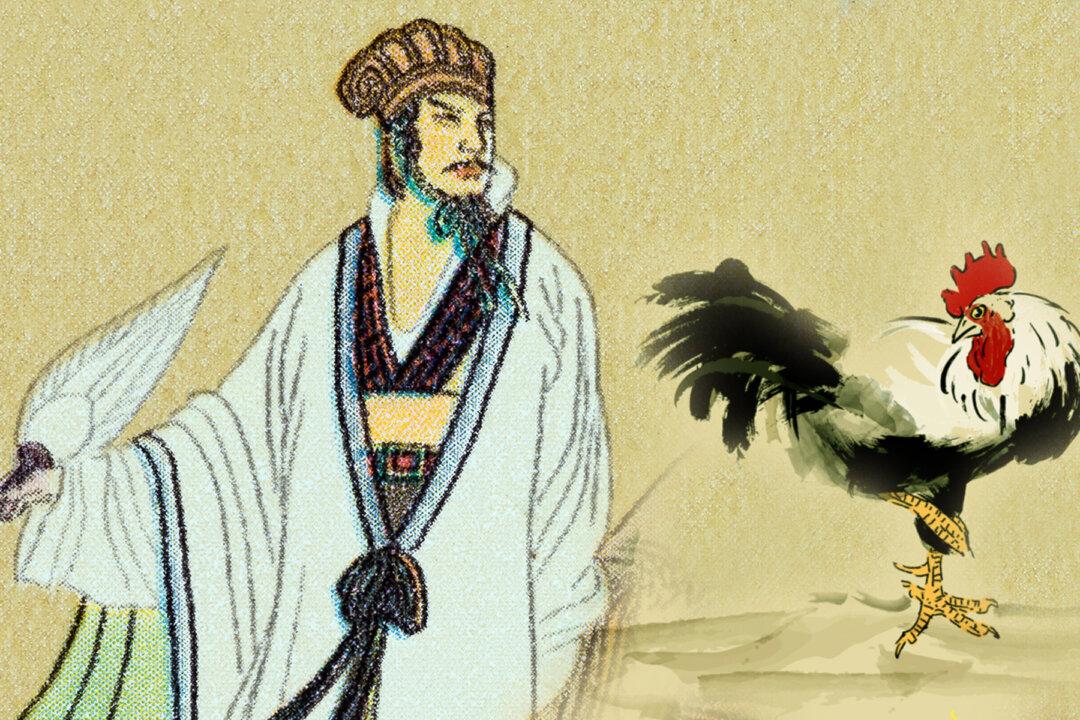As a young man, the Chinese intellectual Zhuge Liang (181–234 A.D.), hungry for knowledge, concocted an ingenious way to extend his teacher’s lessons. But when his trick was discovered, Zhuge Liang was promptly expelled from the classroom.
It wasn’t until the young student’s teacher inquired about Zhuge Liang’s fascinating past that the punishment was rescinded.





